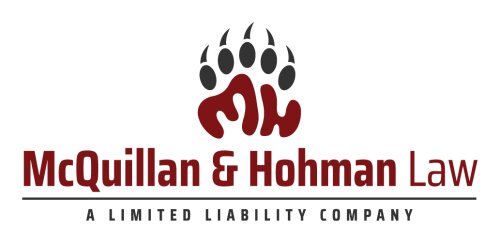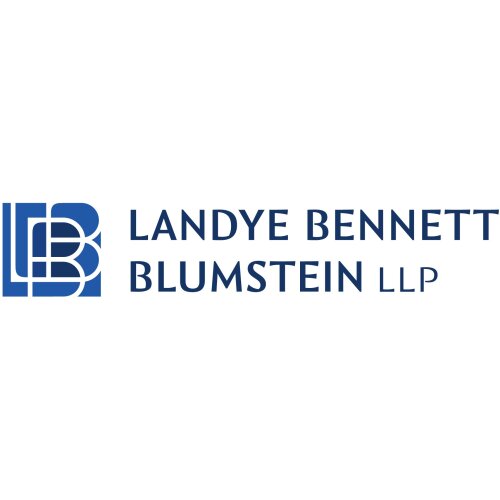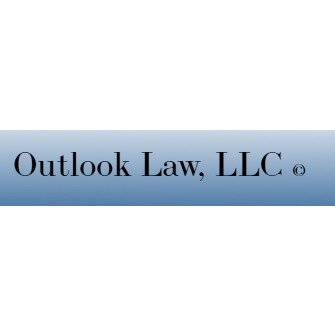Best Health Care Lawyers in Alaska
Share your needs with us, get contacted by law firms.
Free. Takes 2 min.
Or refine your search by selecting a city:
List of the best lawyers in Alaska, United States
About Health Care Law in Alaska, United States
Health care law in Alaska encompasses the rules, regulations, and legal principles that govern the delivery of health care services within the state. This field covers a wide range of issues including patient rights, access to medical care, insurance regulation, privacy of health information, Medicaid and Medicare, professional licensing, and how health care providers operate. Alaska's geography, unique population distribution, and high number of rural and Indigenous communities add complexity to the state's health care legal landscape, requiring tailored state laws and federal adaptations to ensure Alaskans can access quality care.
Why You May Need a Lawyer
There are several common situations where individuals and organizations in Alaska seek legal advice related to health care:
- Patients disputing medical bills or denials of insurance coverage
- Health care providers facing licensure issues, investigations, or disciplinary actions
- Concerns about privacy violations or breaches of medical information
- Hospital or clinic mergers, acquisitions, and regulatory compliance
- Issues concerning access to Medicaid, Medicare, or Alaska's public health programs
- Discrimination or accessibility complaints related to health care facilities
- Family members navigating laws for medical decision-making, end of life care, or guardianship
- Medical malpractice claims and patient harm cases
- Assistance interpreting complex health care regulations impacting providers
If you find yourself facing any of these situations or are unsure about your rights and obligations within the health care system, a qualified health care attorney in Alaska can provide vital guidance and representation.
Local Laws Overview
Alaska has a range of laws and regulations affecting health care delivery. Some key aspects include:
- Alaska Medical Board Licensing: All health care providers must comply with state licensing by the Alaska State Medical Board or other relevant agencies. Practicing without proper credentials is illegal.
- Patient Privacy: Alaska law works alongside federal HIPAA regulations to protect patient health information. Confidentiality, access, and correction rights are enforced.
- Telemedicine: Unique geography has driven Alaska to expand and regulate telemedicine services, ensuring standards of care in remote consultations.
- Medicaid and Denali KidCare: Alaska administers Medicaid with specific eligibility and coverage rules, offering expanded support for children, pregnant women, and low-income residents.
- Advance Directives and Guardianship: State statutes detail processes for living wills, powers of attorney for health care, and court-appointed guardianships.
- Access and Equity: Alaska enforces laws upholding nondiscriminatory access to health care regardless of race, ethnicity, disability, or economic status.
- Provider Obligations: Statutes set requirements for patient care standards, reporting of abuse or neglect, and liability for malpractice.
Staying updated on the evolving regulatory landscape is critical for both patients and providers in Alaska’s health care system.
Frequently Asked Questions
What are my rights as a patient in Alaska?
As a patient, you have rights to informed consent, privacy of your medical information, freedom from discrimination, and access to emergency treatment. You can request copies of your medical records and seek a second opinion.
How do I file a complaint against a health care provider in Alaska?
Complaints can be filed with the Alaska State Medical Board for medical doctors or with other licensing boards for different health care professionals. You may also file complaints regarding facilities with the Alaska Department of Health.
Is telemedicine legal in Alaska?
Yes, telemedicine is legal and regulated in Alaska. It is often used to provide care in remote areas, but providers must meet state licensing requirements and adhere to standards of care.
How does Alaska regulate medical bills and insurance?
Alaska has regulations requiring transparency in billing. Insurance companies are overseen by the Alaska Division of Insurance, and there are avenues for appealing denied claims or excessive charges.
What assistance is available for low-income residents?
Alaska residents can access Medicaid and Denali KidCare based on income, age, and disability status. These programs help cover doctor visits, hospital stays, prescription drugs, and more.
Can I make my own medical decisions if I become incapacitated?
You can complete advance directives and a power of attorney for health care to ensure your preferences are respected. Alaska laws provide for these legal documents and explain how they must be executed.
How are health care facilities licensed in Alaska?
All hospitals, clinics, and certain other health care facilities must be licensed and inspected by the Alaska Department of Health to ensure compliance with safety and quality standards.
What should I do if I believe my medical privacy was breached?
Contact your provider for an explanation and file a complaint with the Office for Civil Rights for federal HIPAA issues or with the Alaska Department of Health for state-level violations.
What is considered medical malpractice in Alaska?
Medical malpractice occurs when a health care provider fails to meet accepted standards of care, resulting in harm to a patient. This can include diagnostic errors, surgical mistakes, and improper medication administration.
Can non-citizens access health care services in Alaska?
Non-citizens can access emergency care and may be eligible for certain public health programs depending on their status and the type of care needed. Consult with a legal professional for specifics.
Additional Resources
Several organizations and agencies provide information, support, and advocacy for health care issues in Alaska:
- Alaska Department of Health
- Alaska State Medical Board
- Alaska Legal Services Corporation
- Alaska Medicaid and Denali KidCare Programs
- Alaska Mental Health Trust Authority
- Alaska Native Tribal Health Consortium
- Disability Law Center of Alaska
- U.S. Department of Health and Human Services - Office for Civil Rights
These resources can assist with questions, complaints, and legal representation related to health care in the state.
Next Steps
If you believe you need legal assistance with a health care matter in Alaska, consider the following steps:
- Document your issue clearly and gather any relevant records or communications
- Contact the appropriate state agency or licensing board if your concern involves a provider or facility
- Consult with a health care attorney licensed in Alaska, especially for complex or serious legal questions
- Seek out legal aid organizations if you have limited financial resources
- Use available resources to understand your rights and possible courses of action
Early action and sound legal advice can protect your rights and help resolve health care disputes effectively in Alaska.
Lawzana helps you find the best lawyers and law firms in Alaska through a curated and pre-screened list of qualified legal professionals. Our platform offers rankings and detailed profiles of attorneys and law firms, allowing you to compare based on practice areas, including Health Care, experience, and client feedback.
Each profile includes a description of the firm's areas of practice, client reviews, team members and partners, year of establishment, spoken languages, office locations, contact information, social media presence, and any published articles or resources. Most firms on our platform speak English and are experienced in both local and international legal matters.
Get a quote from top-rated law firms in Alaska, United States — quickly, securely, and without unnecessary hassle.
Disclaimer:
The information provided on this page is for general informational purposes only and does not constitute legal advice. While we strive to ensure the accuracy and relevance of the content, legal information may change over time, and interpretations of the law can vary. You should always consult with a qualified legal professional for advice specific to your situation.
We disclaim all liability for actions taken or not taken based on the content of this page. If you believe any information is incorrect or outdated, please contact us, and we will review and update it where appropriate.
Browse health care law firms by city in Alaska
Refine your search by selecting a city.














